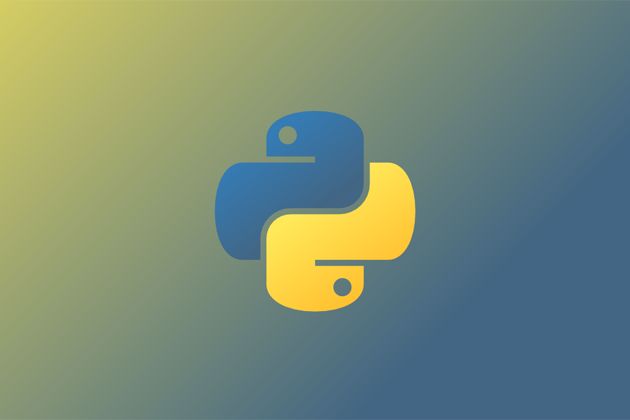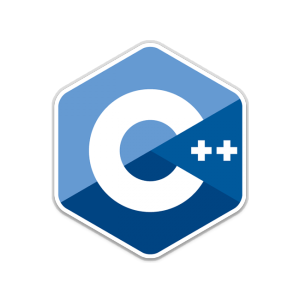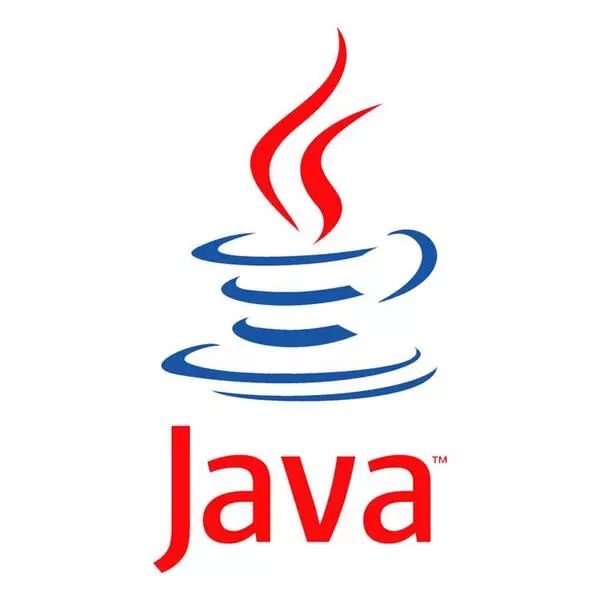Learn about the five best languages ​​for developing AI
Artificial intelligence has become a global phenomenon, capturing the attention of developers, researchers, and businesses alike. If you're interested in diving into AI development, it's essential to understand the top five programming languages that are widely used in this field.

**Python** is one of the most popular choices for AI development due to its simple syntax and versatility. It allows developers to write clean, readable, and modular code, making it ideal for complex AI projects. Python supports multiple programming paradigms, including object-oriented, functional, and procedural styles. Its rich ecosystem of libraries such as TensorFlow, PyTorch, and scikit-learn makes it particularly well-suited for machine learning, natural language processing, and neural networks. However, Python runs through an interpreter, which can make it slower compared to compiled languages like C++ or Java. This can be a limitation when developing applications that require high performance or mobile compatibility.

**C++** is known for its speed and efficiency, making it a preferred choice for time-sensitive AI applications such as game engines, search algorithms, and real-time systems. It offers low-level memory manipulation and high performance, which is crucial for large-scale AI projects. C++ also supports advanced features like templates, inheritance, and polymorphism, enabling efficient code reuse. While it’s powerful, C++ can be complex and difficult to master, especially for beginners. Its bottom-up approach requires careful planning and can be challenging when working on highly dynamic AI systems.

**Java** is another widely used language in AI development, thanks to its platform independence and strong object-oriented features. Java follows the "write once, run anywhere" principle, making it easy to deploy across different environments. It is commonly used in enterprise applications, data mining, and AI-based web services. Java also integrates well with other technologies and frameworks, and it supports many AI-related libraries and tools. However, it is not as fast as C++ and may not be the best choice for performance-critical AI tasks.

**Lisp** is one of the oldest programming languages and has played a significant role in early AI research. Its flexibility and powerful macro system make it ideal for rapid prototyping and experimentation in AI development. Lisp supports symbolic computation, which is essential for tasks like logic programming and expert systems. It also allows for dynamic code modification, giving developers more control over their AI models. Despite its strengths, Lisp is less commonly used today due to its steep learning curve and limited community support.

**Prolog** is another classic language used in AI, particularly for logic-based applications. It is based on declarative programming, where developers define facts and rules rather than writing step-by-step instructions. Prolog excels at tasks involving pattern matching, rule-based reasoning, and knowledge representation. It is often used in expert systems, natural language understanding, and medical diagnostic tools. Although it is not as mainstream as Python or Java, Prolog remains a valuable tool for specific AI domains.
Whether you're just starting out or looking to expand your skills, choosing the right programming language for AI development can significantly impact your success. Each language has its own strengths and weaknesses, so it's important to consider your project requirements, performance needs, and personal preferences before making a decision.
phone Charging cable,Usb Phone Data Cable Android,iphone charge data cable,Phone data cable adapter
DongGuan BoFan Technology Co.,Ltd. , https://www.ufriendcc.com